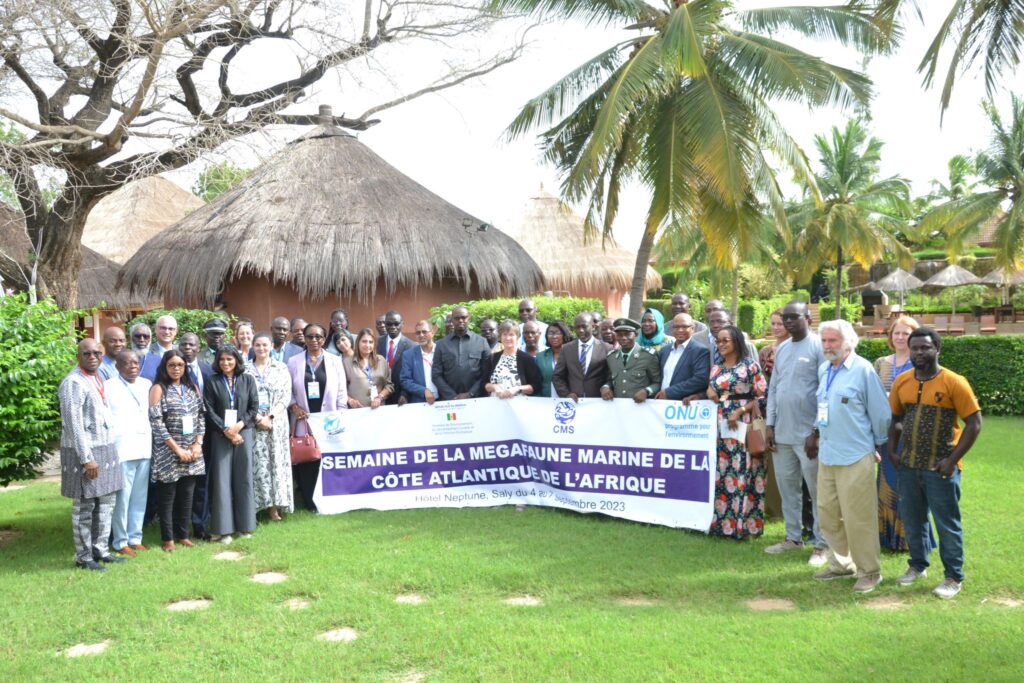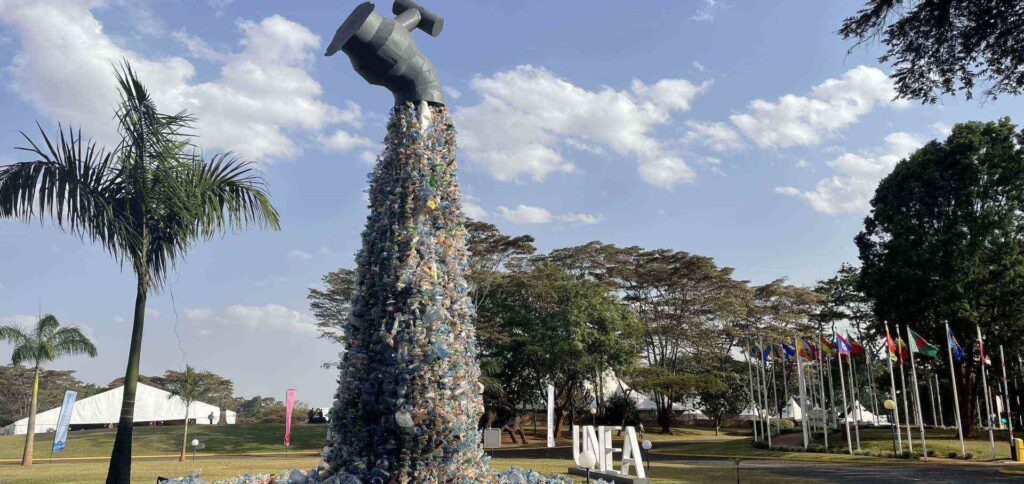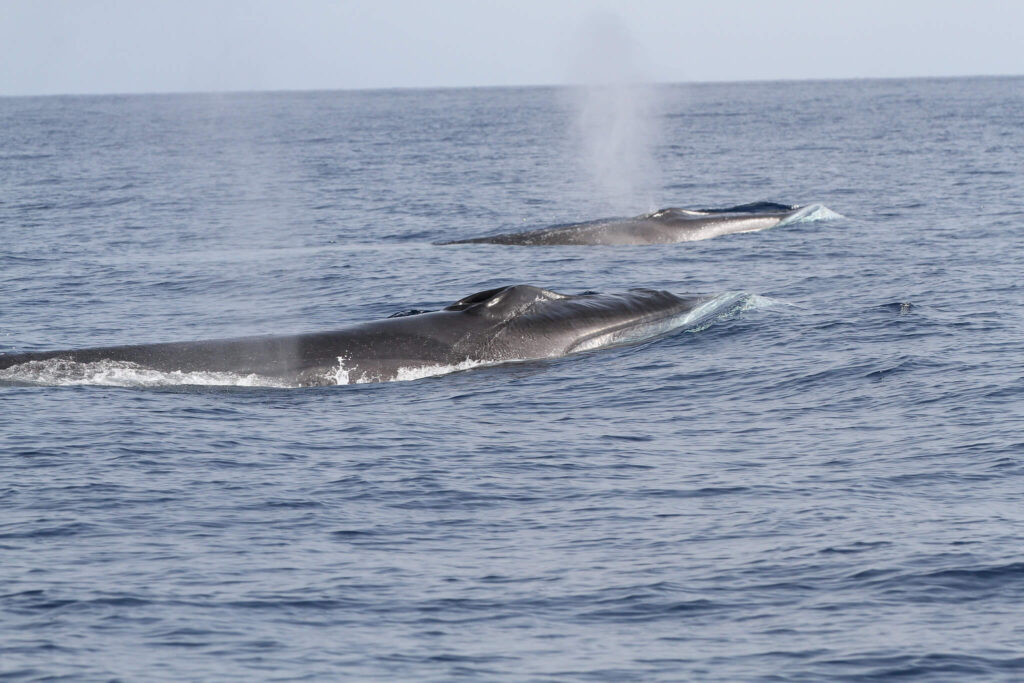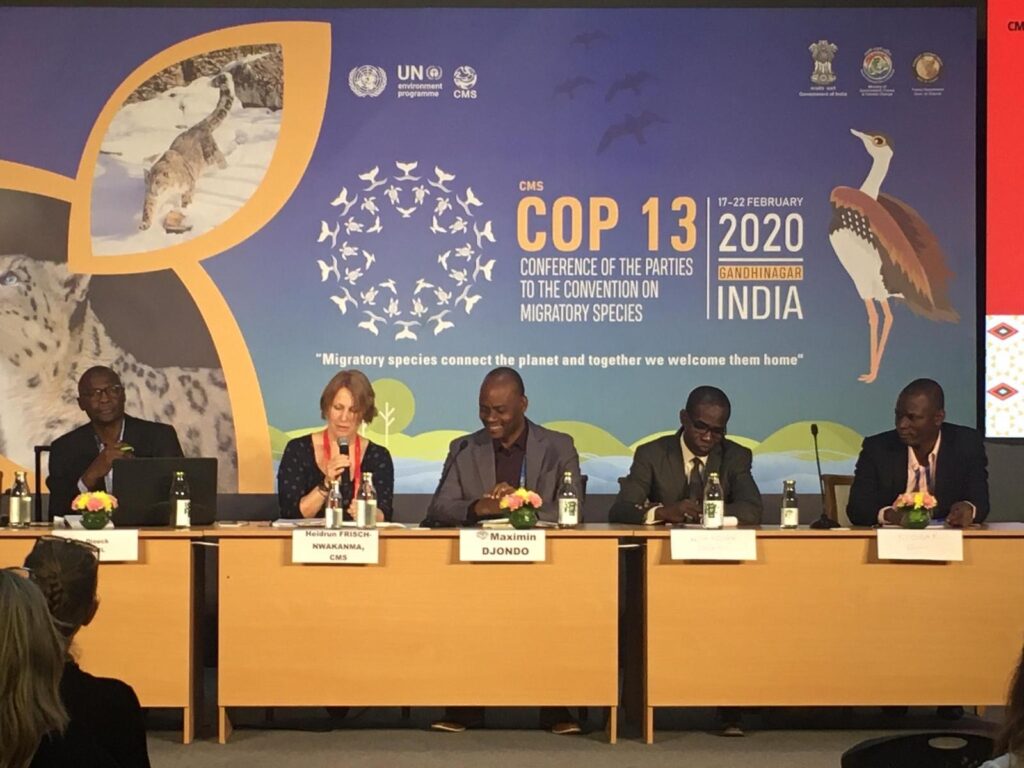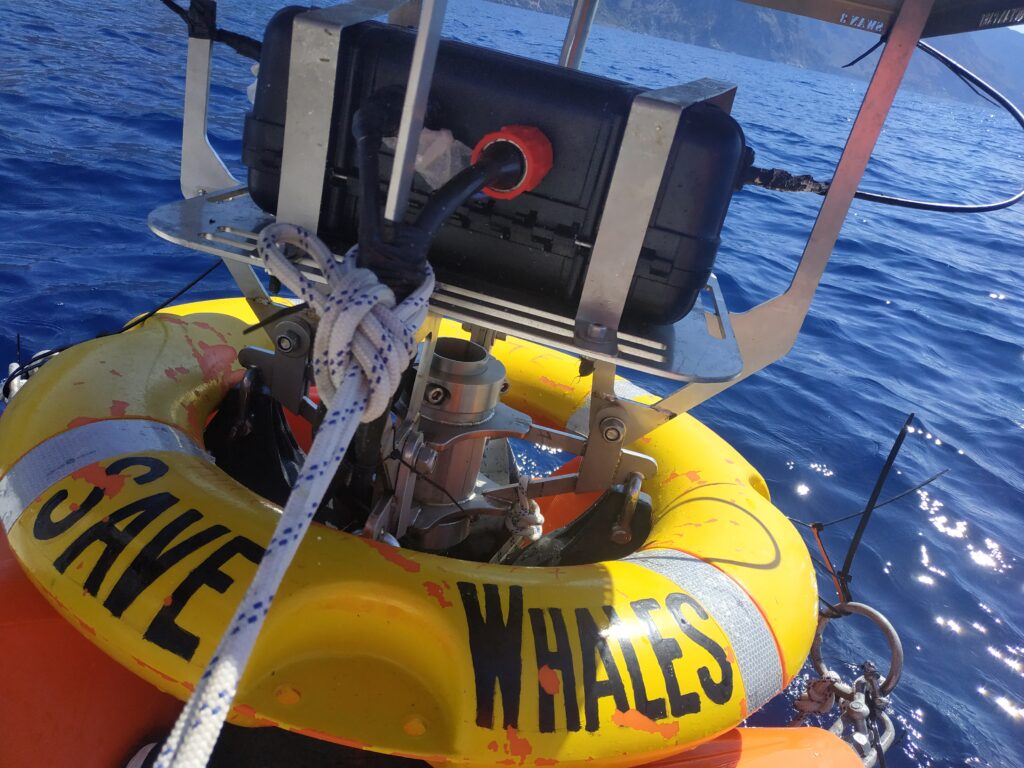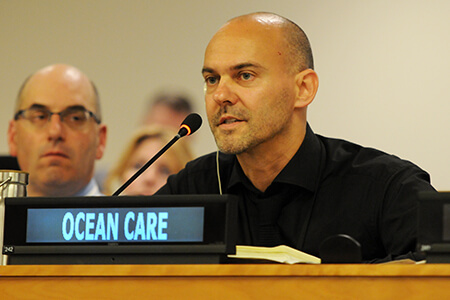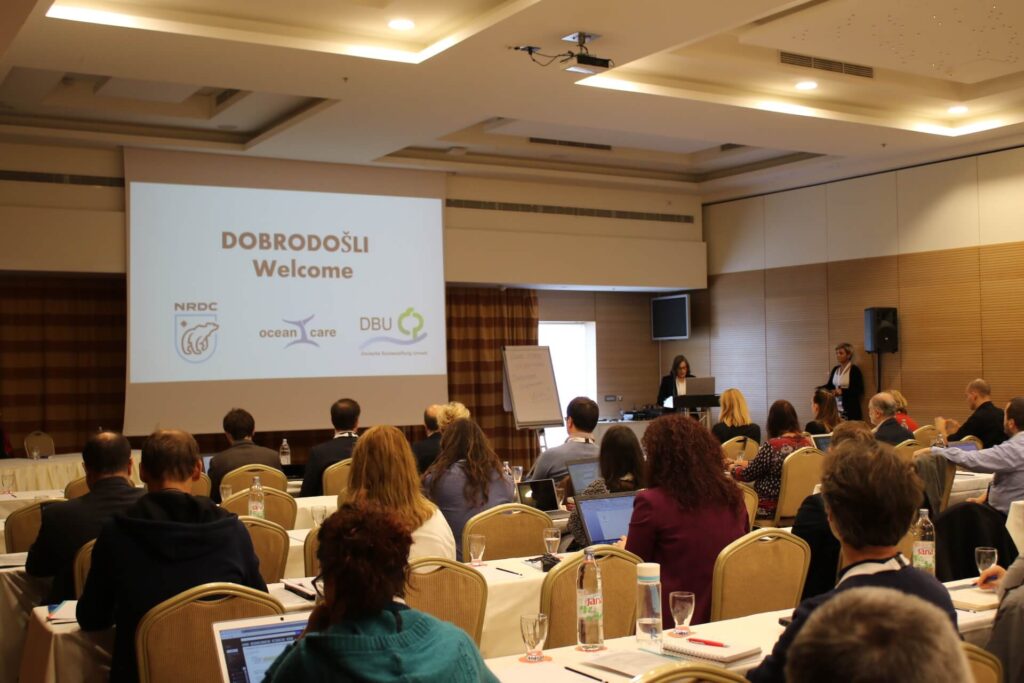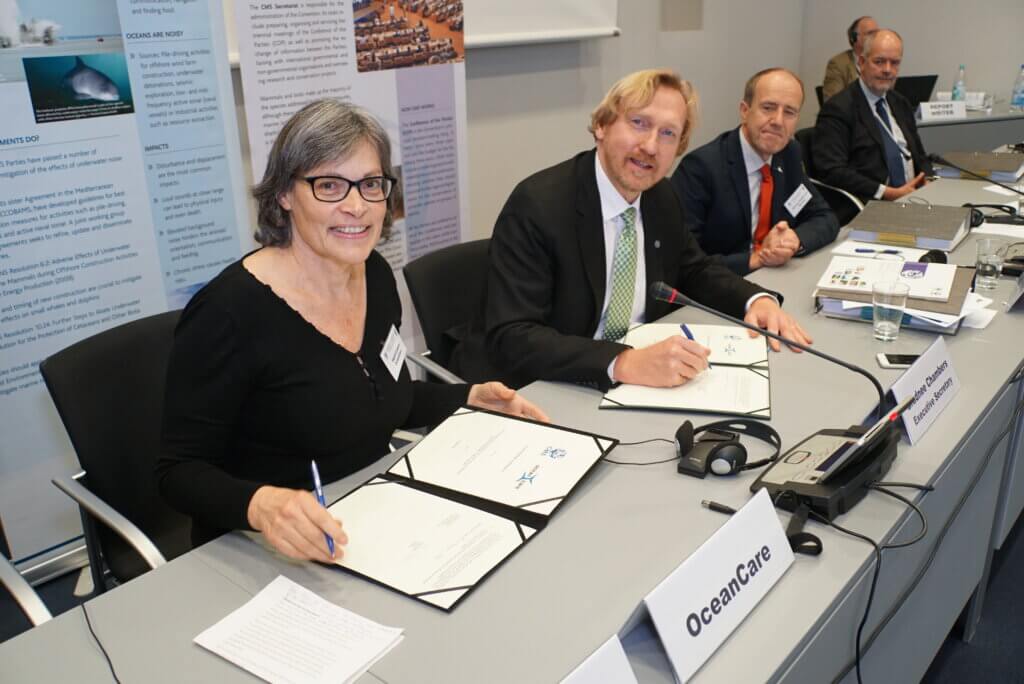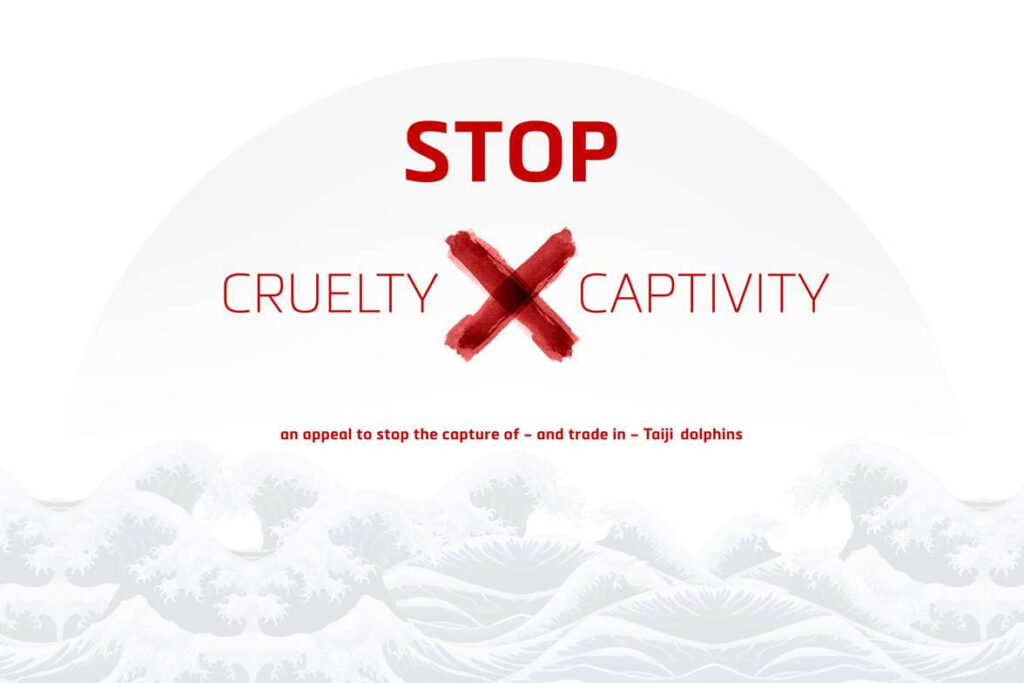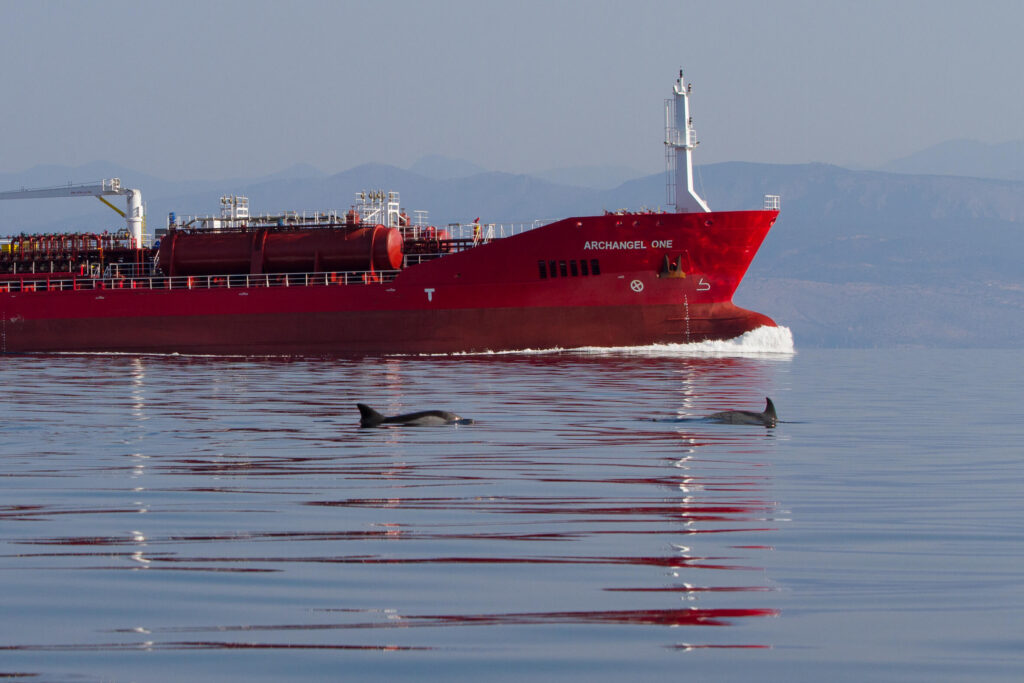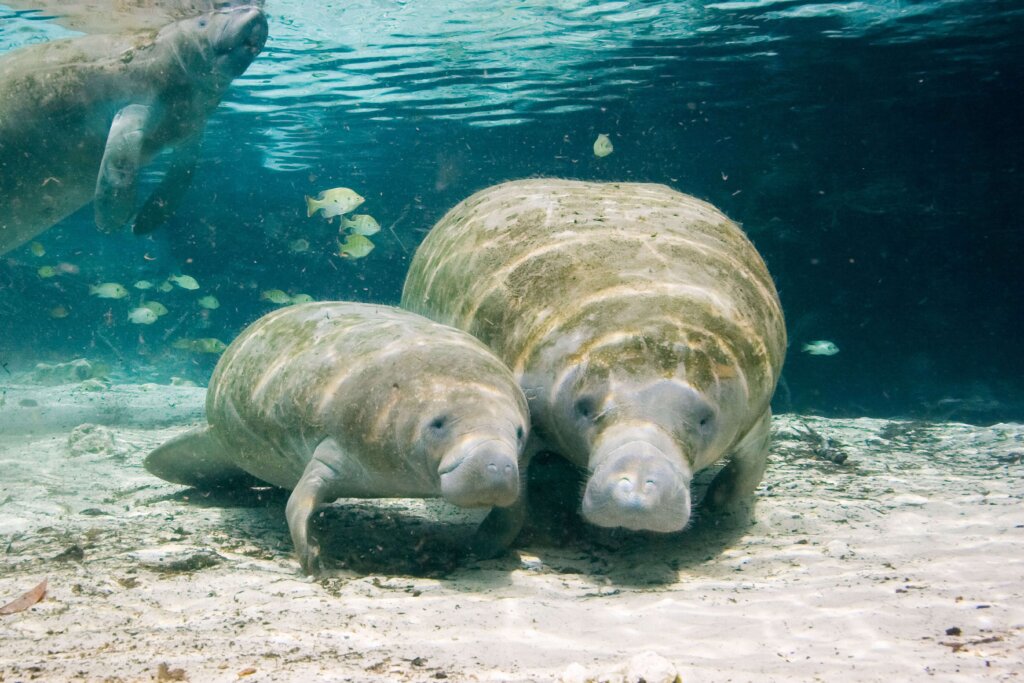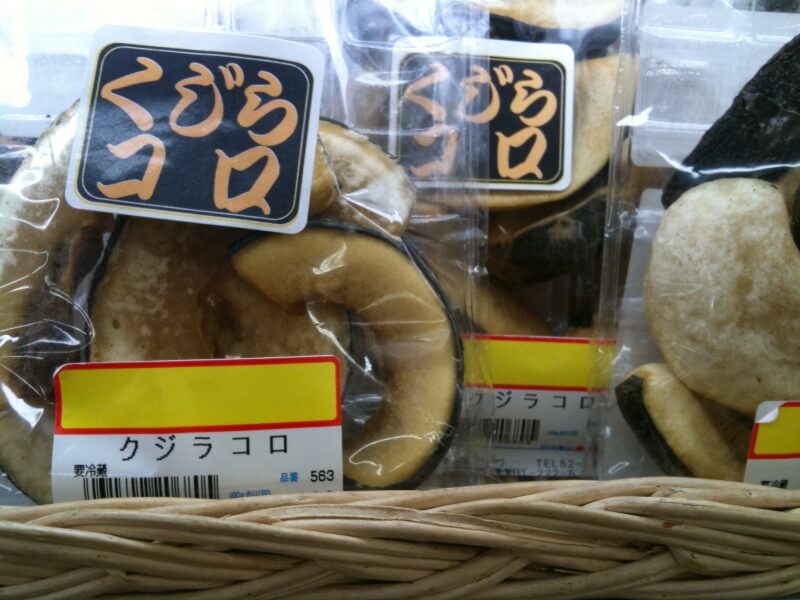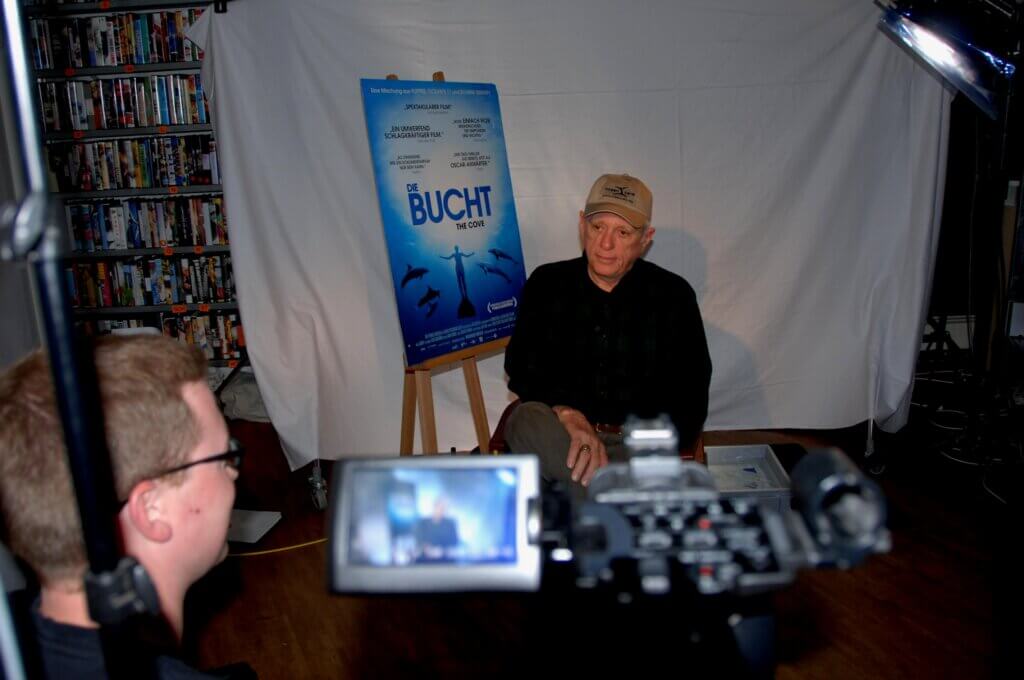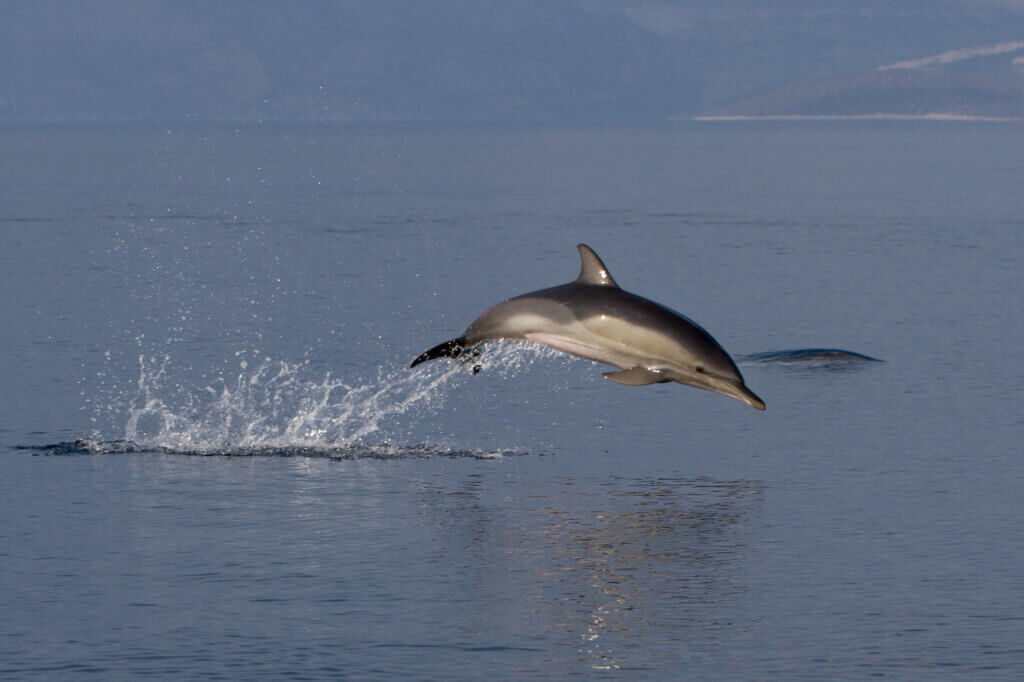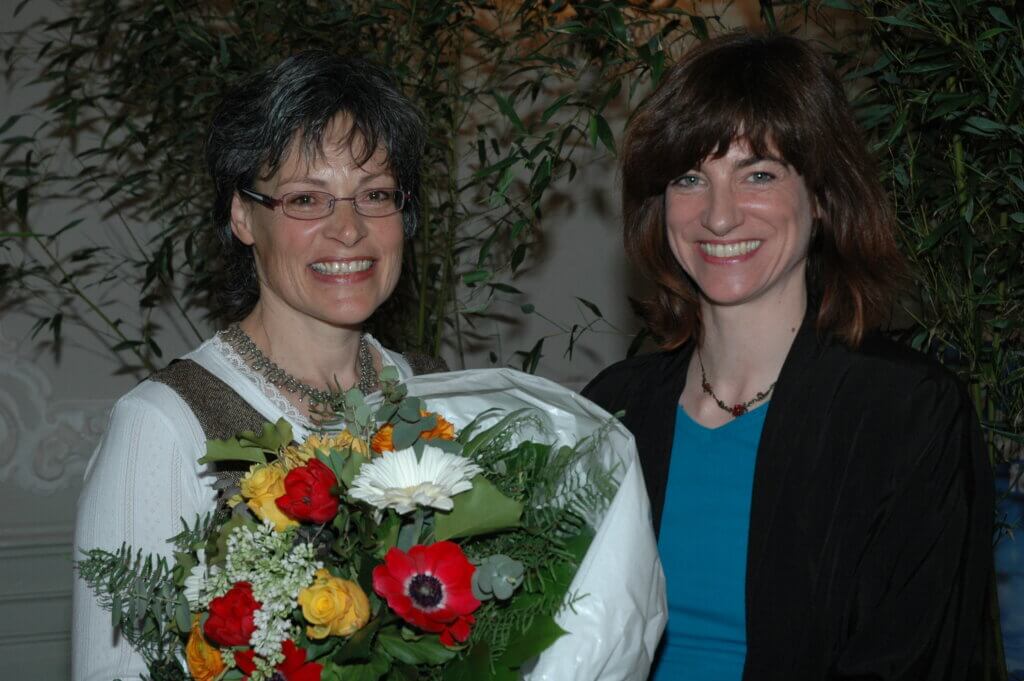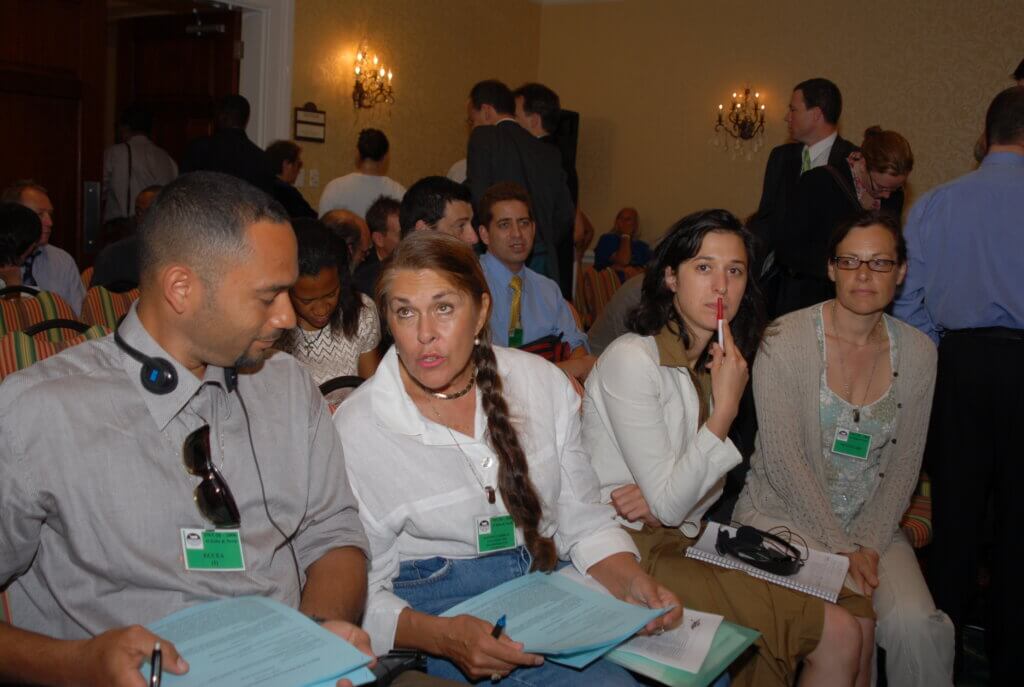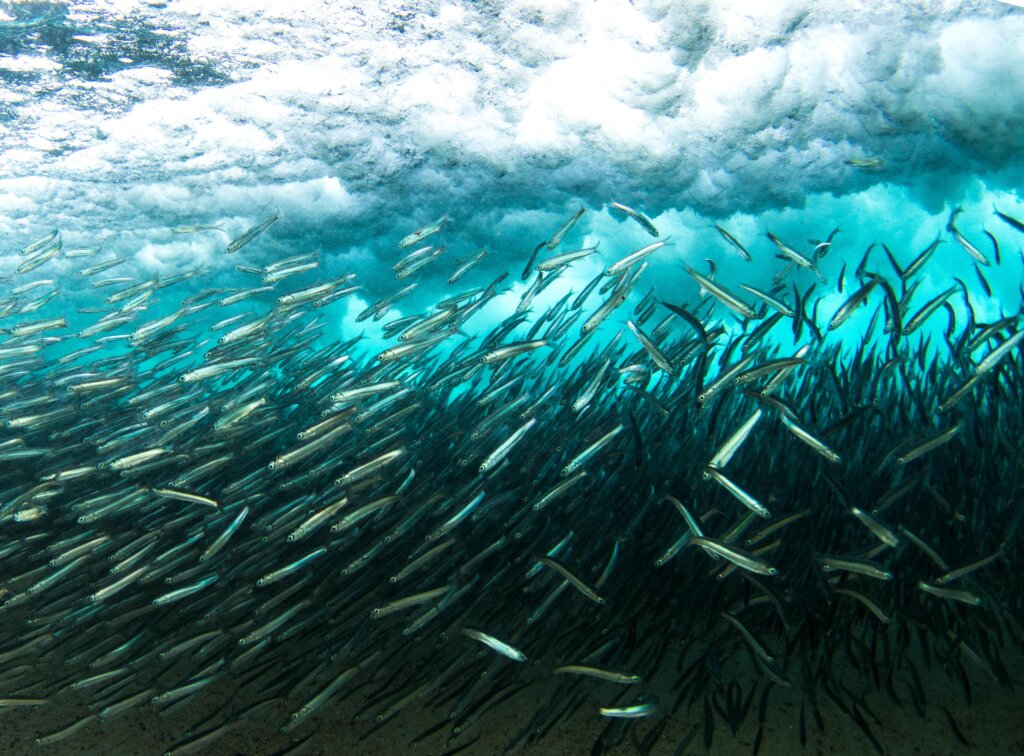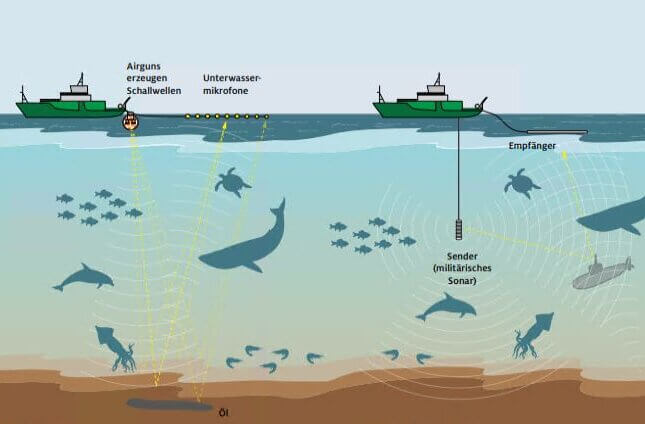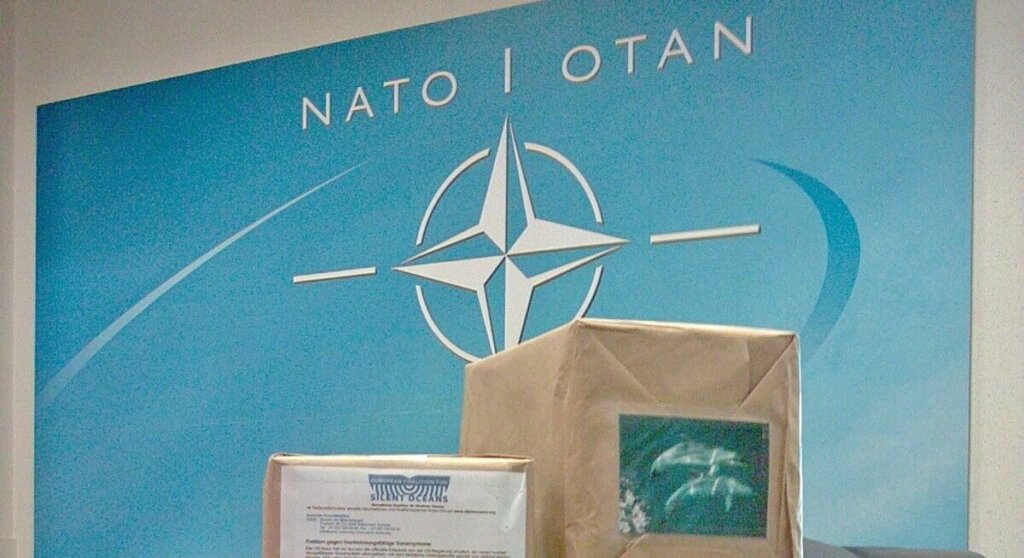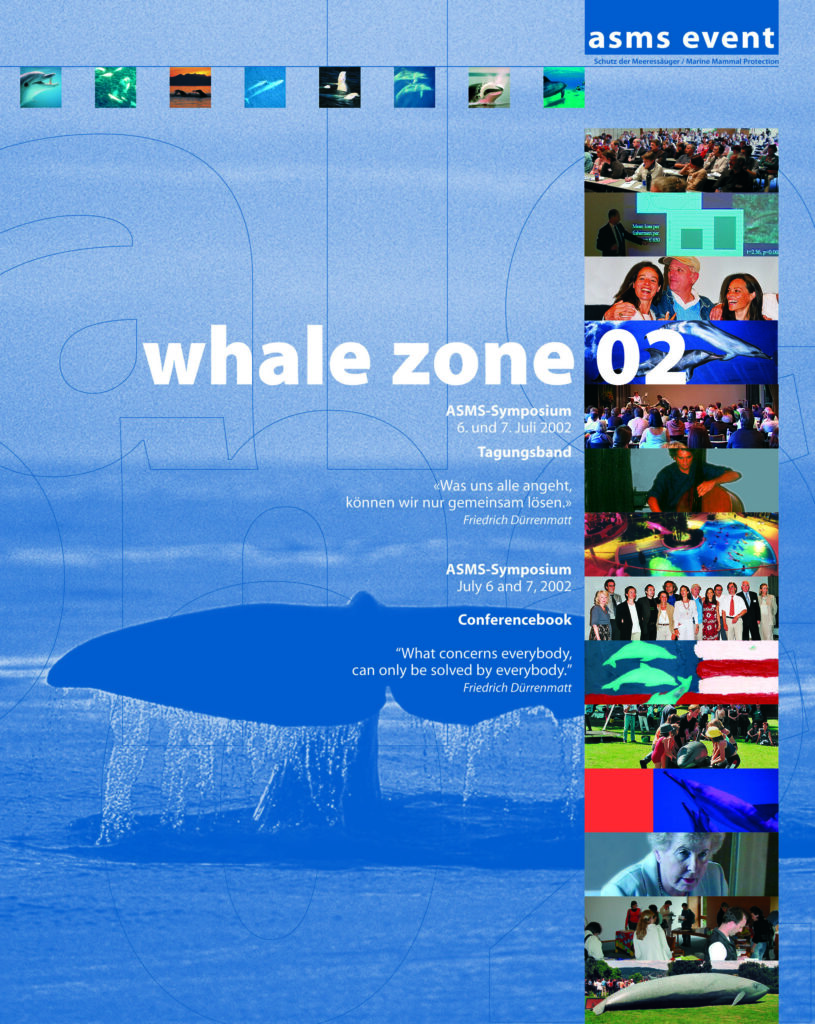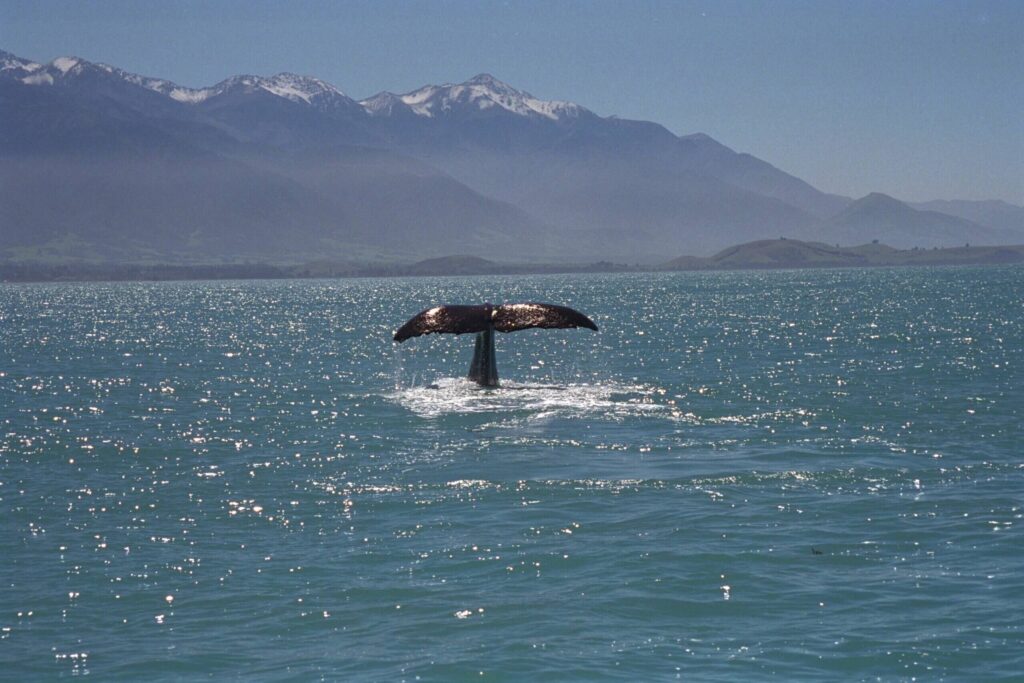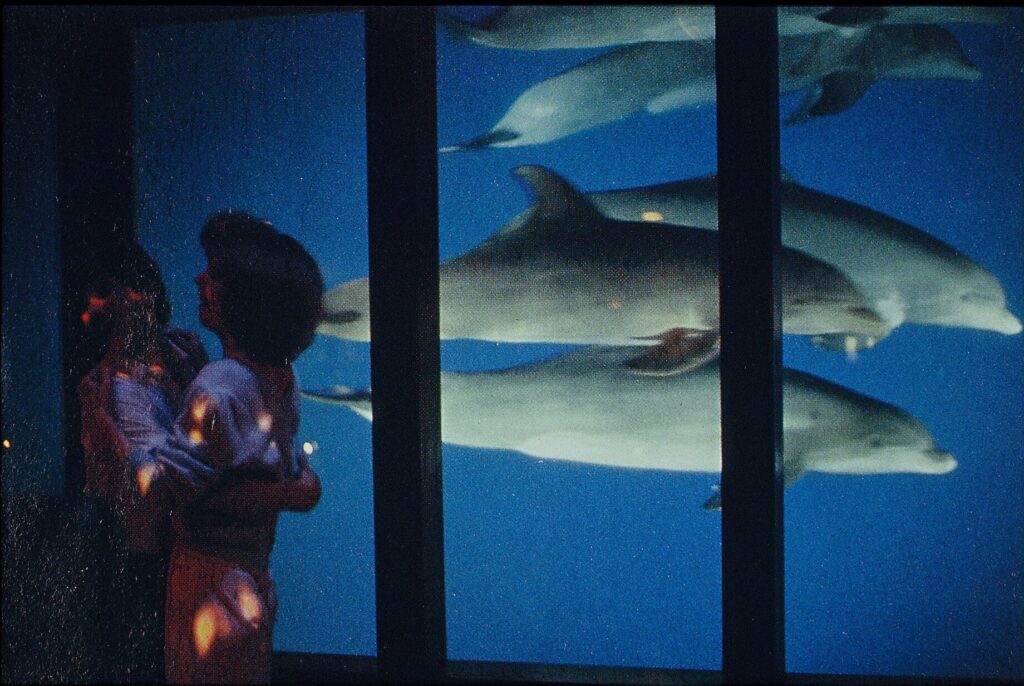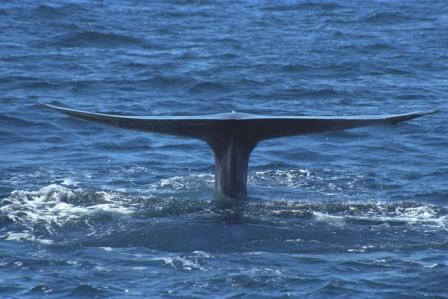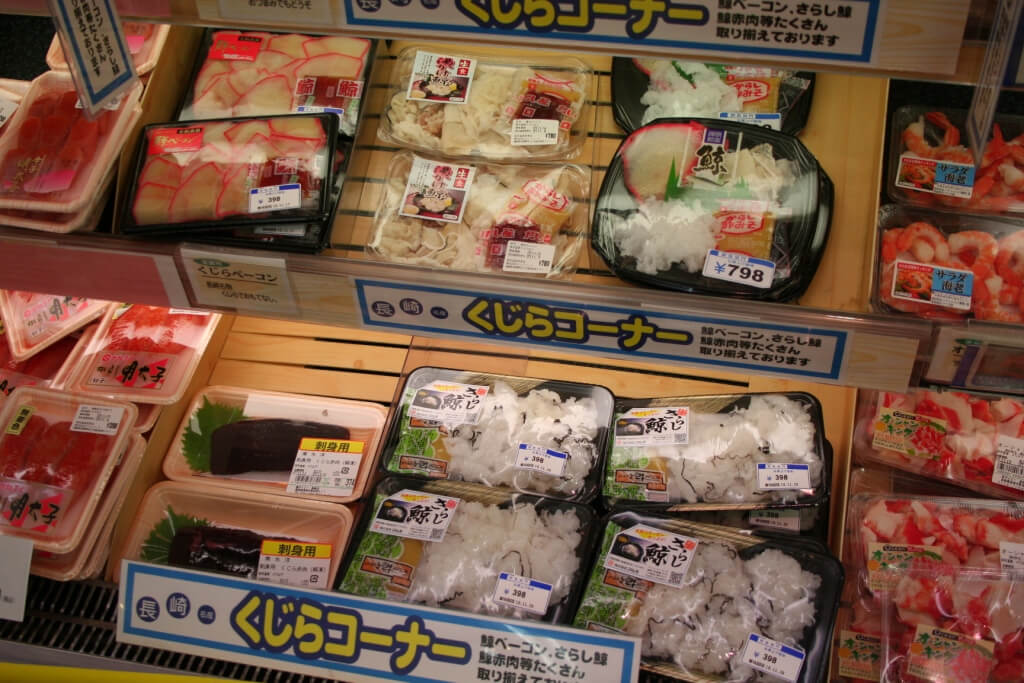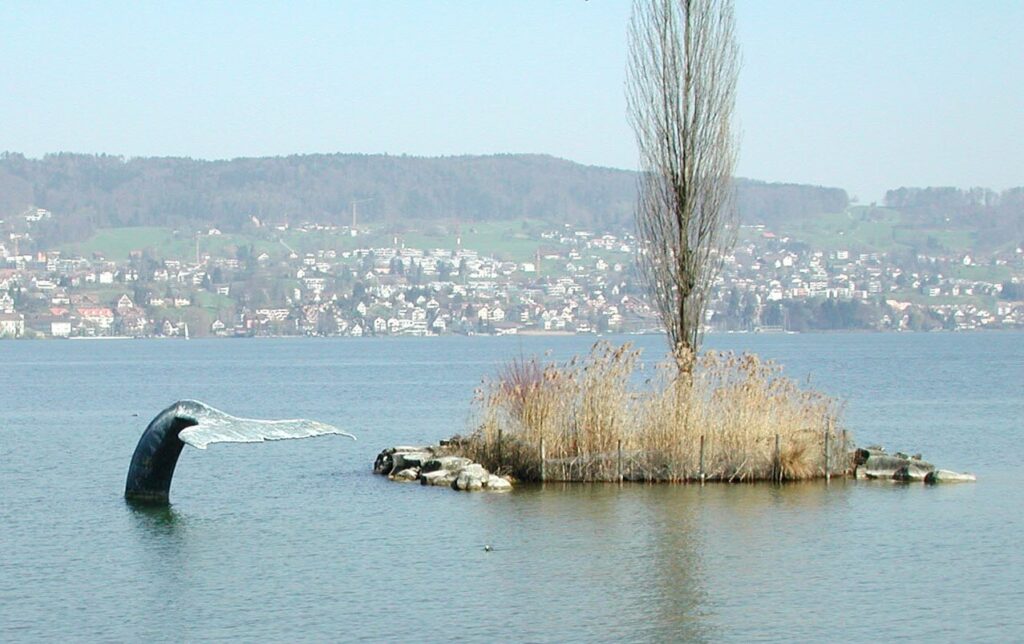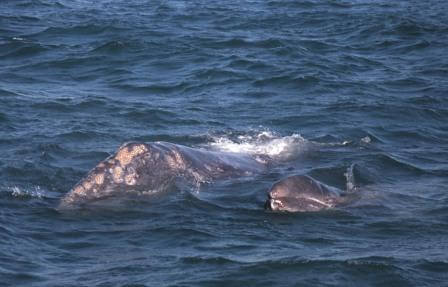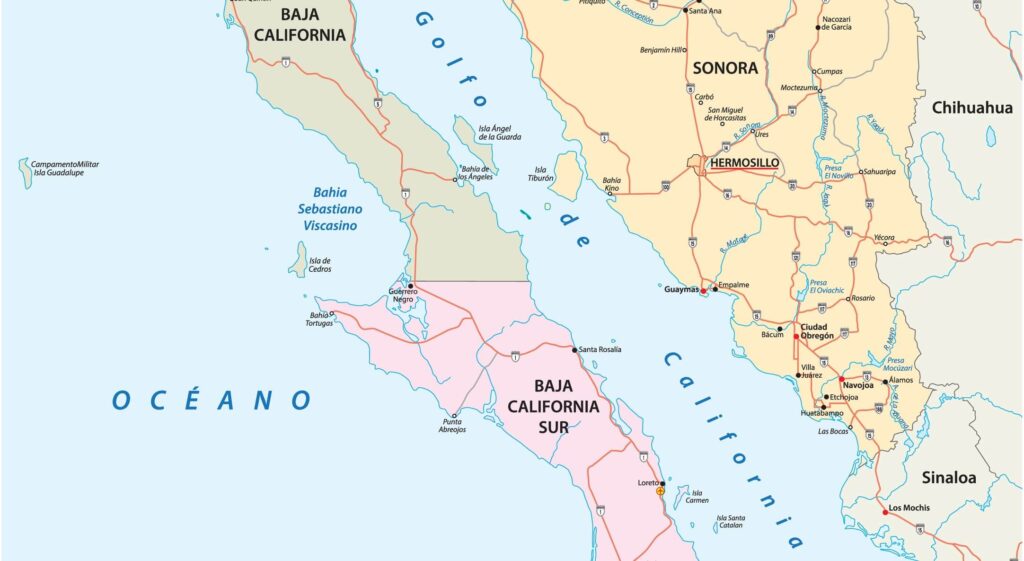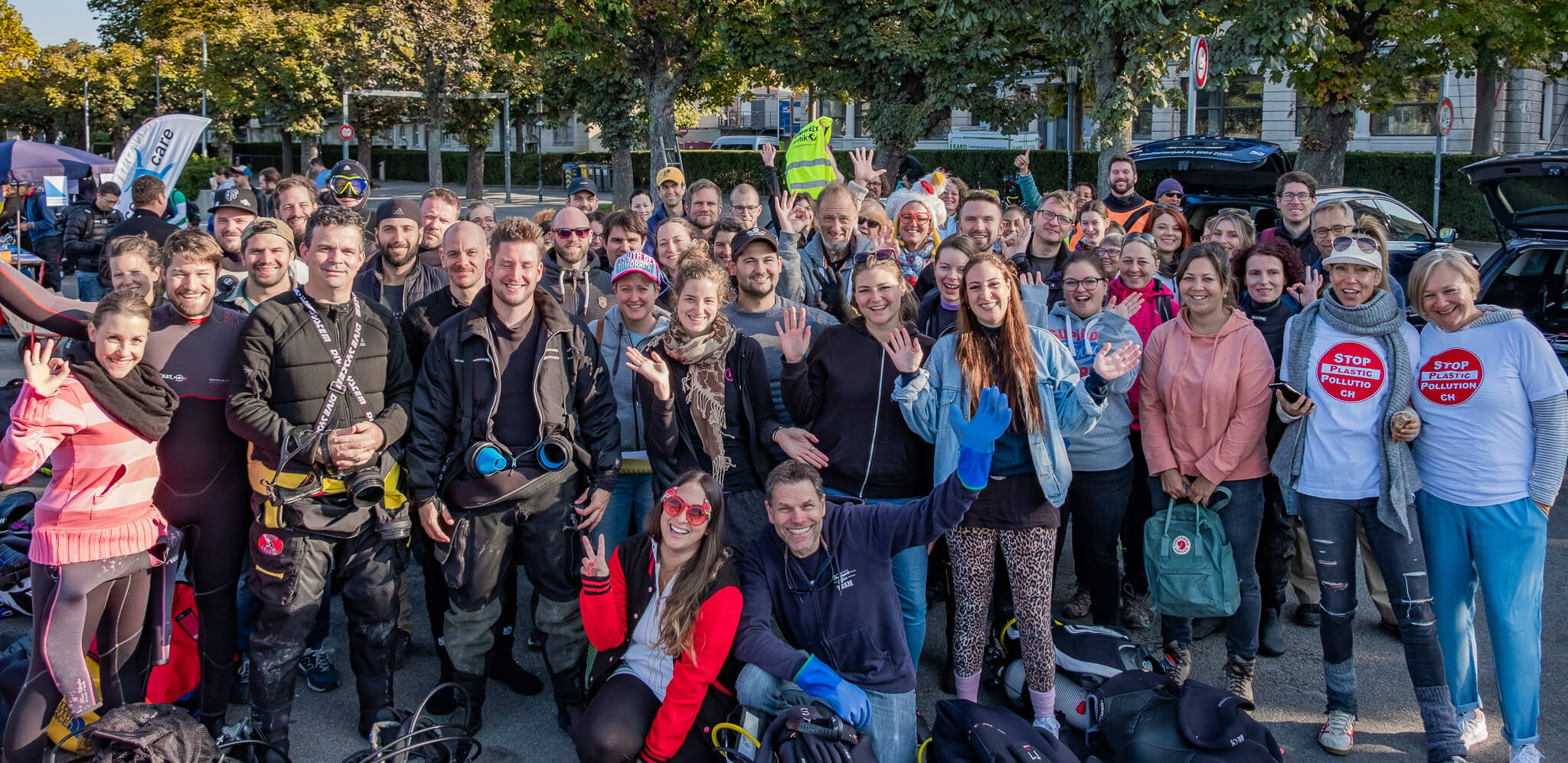In the “Plastic Matters” report, OceanCare presents facts on the high level of plastic consumption and plastic pollution in Switzerland. An analysis of existing laws shows that the production, use and disposal of plastics in Switzerland needs to be more strictly regulated through existing laws. A petition calls on the Federal Council to do so.
At the meeting of the Marine Environment Protection Committee (MEPC) of the International Maritime Organization (IMO), the north-western Mediterranean is designated as a Particularly Sensitive Sea Area (PSSA) because the risk of ship collisions is especially high here. OceanCare had previously recommended and scientifically underpinned this step.
The Convention on the Conservation of Migratory Species of Wild Animals (CMS/Bonn Convention) publishes the technical report prepared by OceanCare expert, Dr Lindy Weilgart, which shows how the commercial shipping, oil and gas and wind energy industries can reduce and avoid underwater noise.
OceanCare is accredited to the UN Framework Convention on Climate Change (UNFCCC).
As part of the initiative supported by OceanCare to identify Important Marine Mammal Areas (IMMAs), 33 new IMMAs have been identified. This means that a total of 72 per cent of the global marine area has been surveyed and 242 IMMAs with a total area of 33.3 million km² have been mapped.
The Spanish organisation Alnitak, supported by OceanCare, collects 40 cubic metres of marine litter in the western Mediterranean and stops illegal driftnet fishing activities in Moroccan waters.
Animal & species conservation
Greece finally ratifies the Agreement on the Conservation of Cetaceans of the Black Sea, Mediterranean Sea and Contiguous Atlantic Area (ACCOBAMS), thereby committing itself to the implementation of conservation measures and recognising what OceanCare, IFAW, Pelagos Cetacean Research Institute and WWF Greece have been emphasising for a long time: there is a high risk of ship collisions with sperm whales in the Hellenic Trench.
According to scientific recommendations from a coalition of NGOs led by OceanCare, more and more shipping companies take voluntary measures to prevent whales from ship collisions: Stolt-Nielsen will slow down in the north-west Mediterranean and avoid a blue whale area south of Sri Lanka; Armateurs de France calls on its members to change routes and reduce speed in the Hellenic Trench and near Sri Lanka; CMA CGM and DFDS instruct their captains to avoid sperm whale habitats in the Hellenic Trench.
In Senegal, West African states are finalising an action plan against harvest of protected marine animals in the Gulf of Guinea based on scientific data from BEES and OceanCare. The action plan will be submitted to the CMS Parties for adoption in 2024.
In the scientific report “Unravelling the truth: Whale killing in the Faroe Islands”, OceanCare and partner organisations refute the claims of Faroese whalers that they kill whales and dolphins humanely, that the hunting practice is sustainable and that it is a local tradition.
The Sea Turtle Rescue Alliance, co-founded by OceanCare, consists of 57 organisations and professionals with a total of 21 rescue centres. New centres are added in Croatia, the United Arab Emirates, Saudi Arabia, Nigeria and Mayotte.
OceanCare supports the CBD-Habitat organisation in protecting the last large monk seal colony, which is found on Mauritania’s Cap Blanc. In 2023, 162 offences of the regulations of the protected area along the “Costa de las Focas” are penalised. This is significantly fewer than in 2022 (382 offences) and 2021 (585 offences), which shows that protective measures are taking effect.
OceanCare supports the work of the head vet at British Divers Marine Life Rescue’s seal hospital in Cornwall, England. In the winter half-year 2022/23, 66 seal pups are treated as inpatients. By the end of November 2023, a further 61 seal pups were in care.
Environmental education
In Zurich/Switzerland, OceanCare collects around 1.4 tonnes of waste on World Cleanup Day in a cleanup eventorganised with partners. This includes 31,500 cigarette butts, each of which contains up to 7,000 chemicals, some of which are toxic, and can pollute around 1,000 litres of water. In German-speaking countries, OceanCare uses filler adverts, which are printed free of charge by the media, to draw attention to littering.
On Mallorca, OceanCare supports the Save the Med Foundation: almost 1,300 schoolchildren clean up beaches as part of the “Dos Manos” school programme, 57 school teams take part as “Changemakers” in a competition for ideas on how to reduce single-use plastic and raise awareness of the plastic problem.
